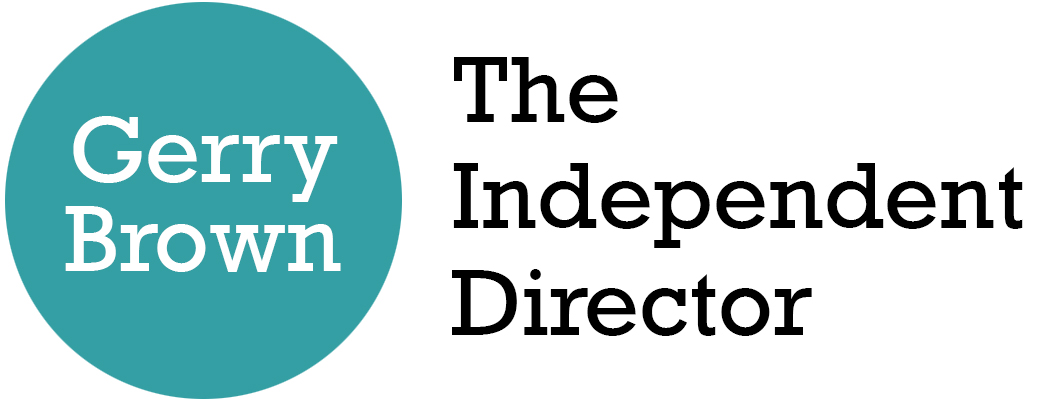
Chairs have high moral values but struggle with disruptive directors, claims landmark study
By Alastair McLellan1 October 2020
Nearly half of trust chairs fail to “effectively deal with non-performing board members” according to a major study of the role of NHS non-executive directors seen by HSJ.
The Henley Business School conducted in-depth research over a two-year period for its report The Independent Director in Society: Our Current Crisis of Governance & What to Do About It which is published later this month. The research included a survey of NHS NEDs, which reveals that they have a broadly positive view about their contribution but also reveals significant areas of concern.
Only 55 per cent of respondents agreed with the statement that NHS trust chairs “effectively deal with/remove non-performing and/or disruptive board members”. Just 47 per cent said chairs had “positive relations with the media.”
The survey was undertaken before the onset of the pandemic, but nearly a third of the respondents disagreed with the statement that NHS chairs were “effective in a crisis”.
However, almost every survey respondent claimed trust chairs had “high moral values” which were “aligned with those of the organisation.”
All but 2 per cent of respondents backed the idea that NEDs “have a sense of duty to see things are done both ethically and morally”, while 94 per cent claimed they were “truly independent”.
However, a fifth claimed it was impossible for NEDs to be effective “given the mandate of the NHS”.
Forty per cent said “non-executives fail to bring access to networks and resources”, while 48 per cent said they did not “provide an effective bridge to the outside world.”
Performance of NHS boards as a whole was considered highest “in understanding the financial implications of decisions” (90 per cent agreement), being “responsive in taking ownership of problems/issues” (89 per cent agreement), and having the ability to “proactively deal with/handle a potential crisis” (87 per cent agreement).
However, only 56 per cent considered boards “innovative” and 30 per cent said they were “risk averse”. Just 76 per cent supported the idea that boards effectively balanced short-term and long-term objectives, while a fifth of respondents said boards did not “create value”.
The Henley researchers spoke to a wide range of NHS leaders to better understand the issues faced by NEDs. One key message received was the problems created by the “constant interference in the workings of the board by outside agencies including regulators such as NHS Improvement, the Department for Health and even cabinet ministers.”
The study reports: “One former chair reported that regulators had insisted on controlling some appointments to the board and described how a minister of state intervened to insist the trust purchase specific kinds of equipment. NHS Improvement had also insisted the board establish more committees, adding significantly to the workload of overworked and underpaid independent directors.”
The report concludes: “We have seen how in the NHS, in particular, governments have sometimes actively interfered with boards and made their work more difficult, compromising their independence.”
